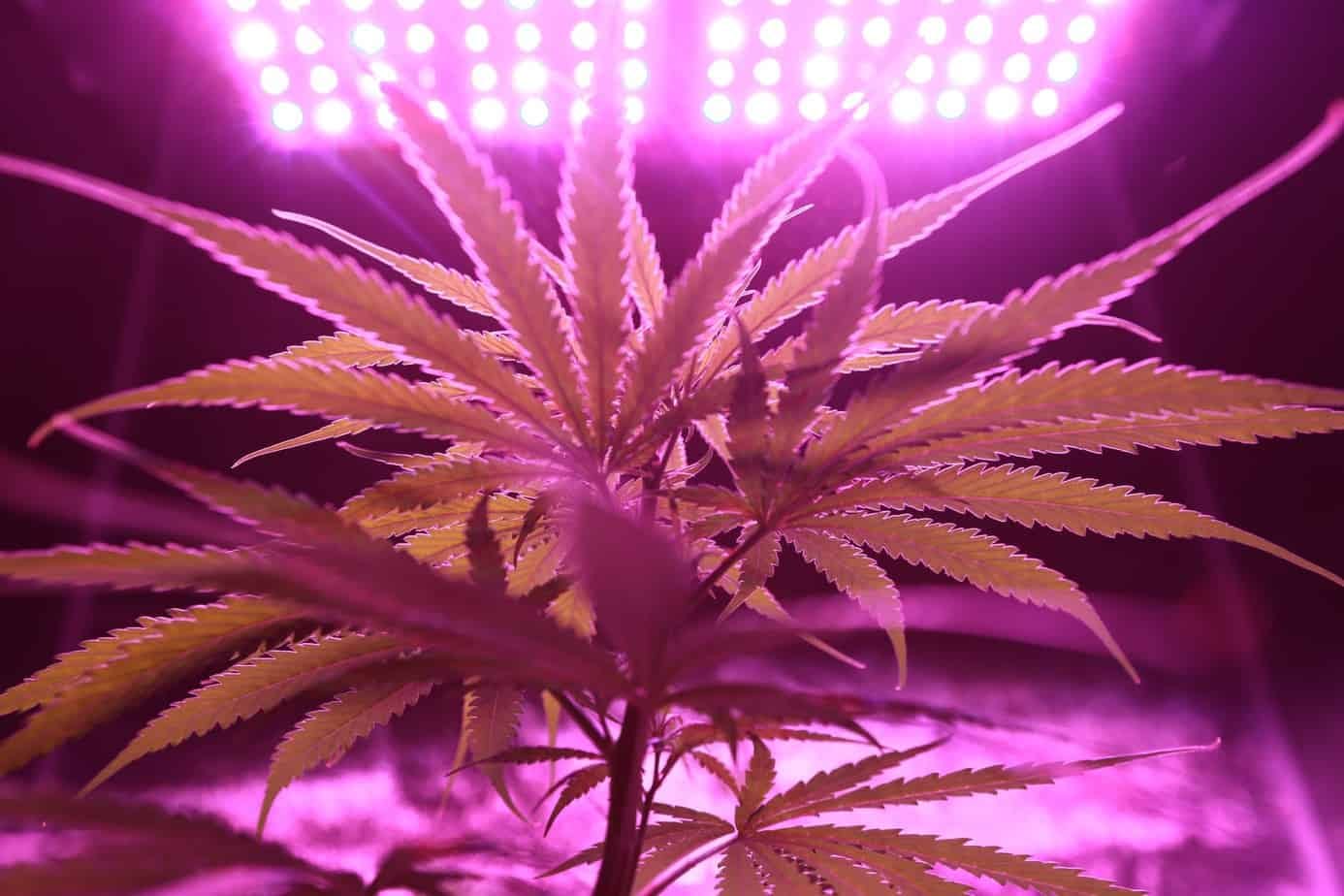In a new study, Johns Hopkins Medicine researchers tested more than 100 topical cannabidiol (CBD) products available online and at retail stores, and found significant evidence of inaccurate and misleading labeling of CBD content. The study also revealed that some of these nonprescription products contained amounts of delta-9-tetrahydrocannabinol (THC), the main active ingredient in cannabis that can cause a “high,” including some products that claimed to be free of THC.
The study, published July 20 in JAMA Network Open, further found that some of the CBD products made therapeutic claims not approved by the U.S. Food and Drug Administration (FDA). To date, the FDA has only approved one prescription CBD product to treat seizures associated with rare epilepsy disorders, and two prescription THC products for nausea and vomiting associated with chemotherapy and for loss of appetite and weight loss associated with HIV/AIDS.
“Misleading labels can result in people using poorly regulated and expensive CBD products instead of FDA approved products that are established as safe and effective for a given health condition,” says study lead author Tory Spindle, Ph.D., assistant professor of psychiatry and behavioral sciences at the Johns Hopkins University School of Medicine.
According to the National Institutes of Health’s National Center for Complementary and Integrative Health, CBD and THC are the most commonly known compounds in the plant Cannabis sativa. A key…
Original Author Link click here to read complete story..




